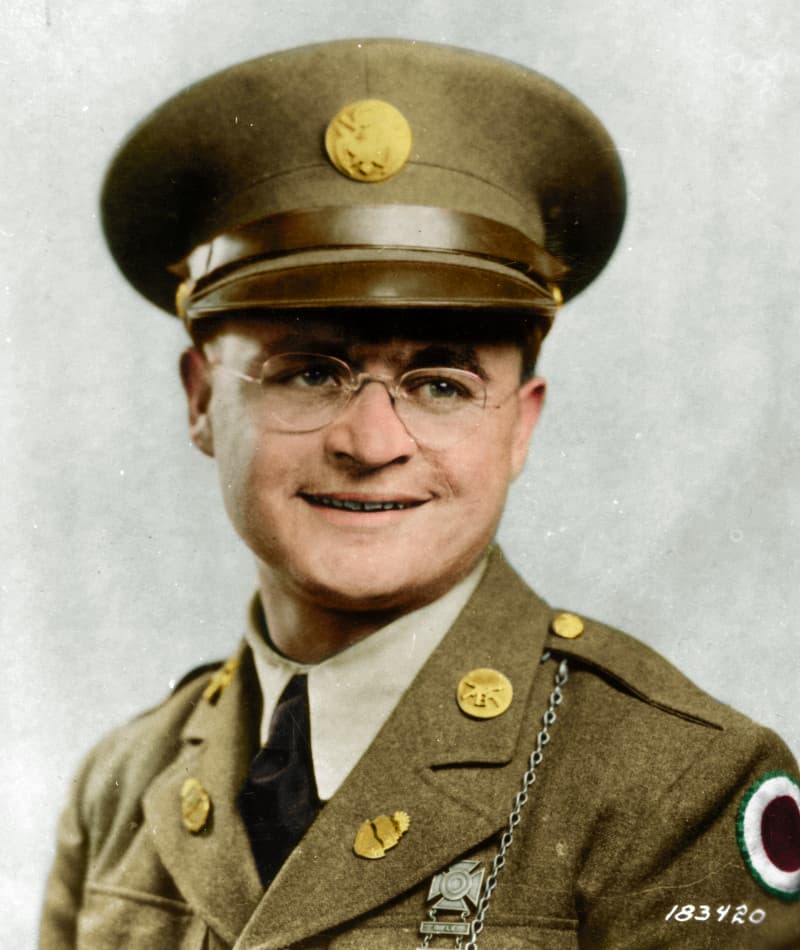
McFarland: Tip from Chicago
By Kermit McFarland
Some Republicans still cling to the high-tariff principles of the Coolidge-Hoover era, but on the whole Republicans have become lukewarm on this issue, many are in agreement on the reciprocal trade policies of the Roosevelt administration and most, at least, prefer to apply tariffs with a large measure of restraint.
In the last Republican national platform, the traditional tariff ideas of the Old Guard were toned down a good deal, although the tariff plank, as usual, was phrased in somewhat ambiguous language.
What the 1944 platform will contain will depend, probably, on the presidential candidate and on the dickers that go on among the platform carpenters in the backrooms of the convention.
But if it is left to front-running Republican powers in this state, the platform will scream for the old Smoot-Hawley type of tariff – and loud!
This was tipped off at Chicago last week when the Republican National Committee adopted a resolution opposing the return to this country, at “distress” prices, of surplus goods sent abroad for war purposes.
G. Mason Owlett, Pennsylvania national committeeman, sponsored the resolution, but prefaced it with a resounding high-tariff speech. He went after the “free traders” and demanded “proper defenses” against foreign-made products.
Mr. Owlett is a high-tariff proponent, you might even say a highest tariff proponent. He is the mouthpiece for Uncle Joe Grundy, ex-Senator, champion tariff lobbyist and still, at 80, the push behind the Republican wheelbarrow. And Mr. Owlett undoubtedly will be a delegate to the presidential convention.
Unless there is an uprising in the April primary, when delegates are elected, Mr. Grundy will be in the saddle when the Pennsylvania delegation goes to Chicago in June, stories about Joe Pew and his money notwithstanding. Mr. Pew, oil heir and would-be kingmaker, is reported maneuvering to unhorse Mr. Grundy, but he has been pursuing this course in vain for several years.
Anyway, the two are well on the way to making a deal which would preclude any but the most surreptitious efforts on Mr. Pew’s part to trip Mr. Grundy.
It began when Alexander Cooper was appointed by Governor Martin to Common Pleas Court. That appointment was designed to appease a local pressure group seeking the Superior Court post held by the late Judge Joseph Stadtfeld; this move to make way for the appointment of former Governor James to the Superior Court, where he formerly sat.
Mr. James is the Pew candidate for this job and if he gets it, Mr. Pew undoubtedly will line up behind Attorney General James H. Duff for the Republican nomination for the U.S. Senate. Mr. Duff is the Grundy-Martin candidate as of now.
It all adds up the probability that the Pew-Grundy-Martin factions will be consolidated to battle Senator James J. Davis’ candidacy for renomination. This inevitably will become tangled up with the delegate scrap because any stray opposition to the Pew-Grundy-Martin axis will pitch in with the Davis camp.
This combination will play a loose game with the rival presidential candidates, hoping to line up a controllable delegation which can throw its weight around at the convention in such a manner as will profit the combination the most.
How well the combination can control the delegates may depend, to a high degree, on whether or not Mr. Duff can beat Mr. Davis.

